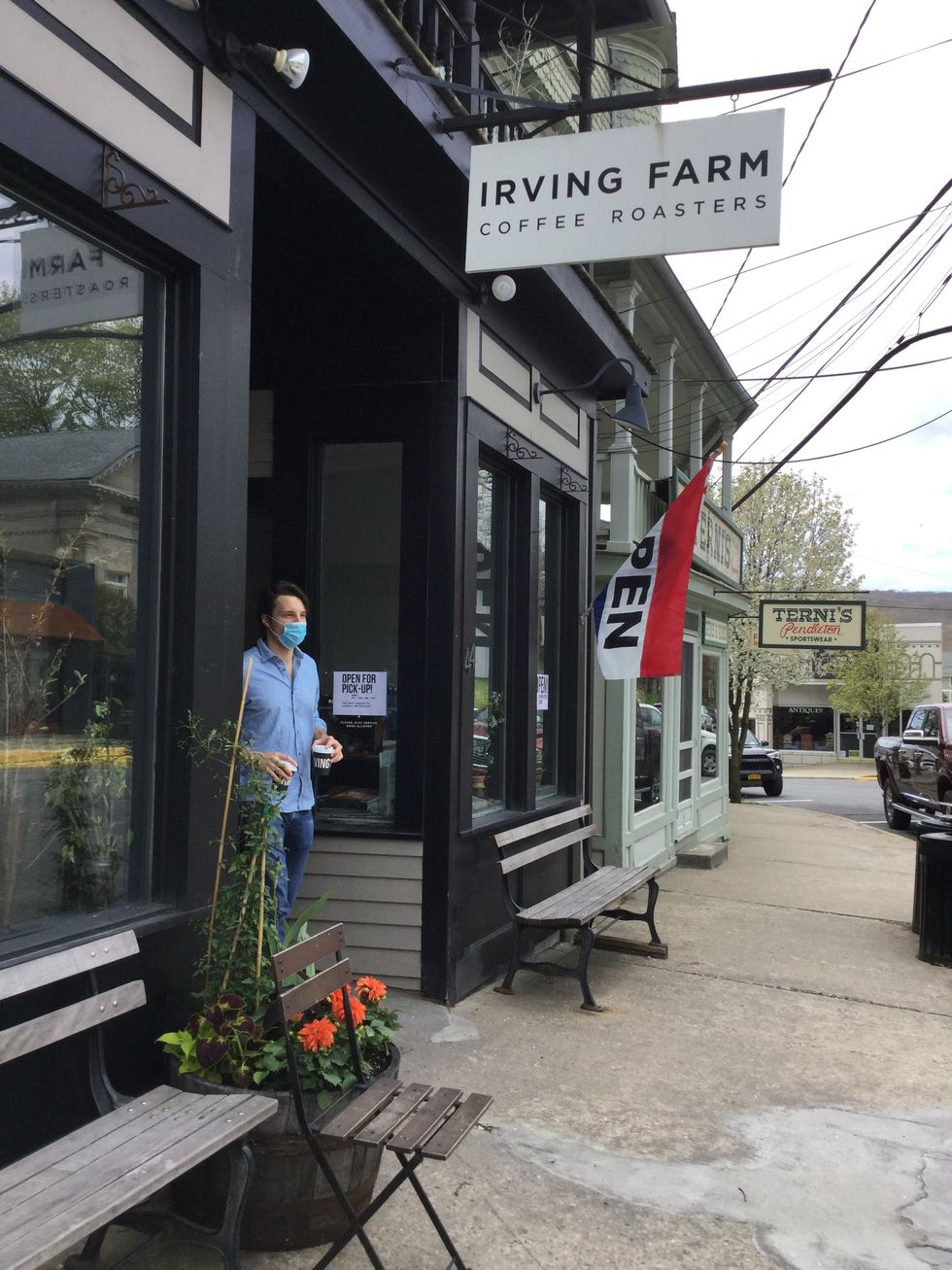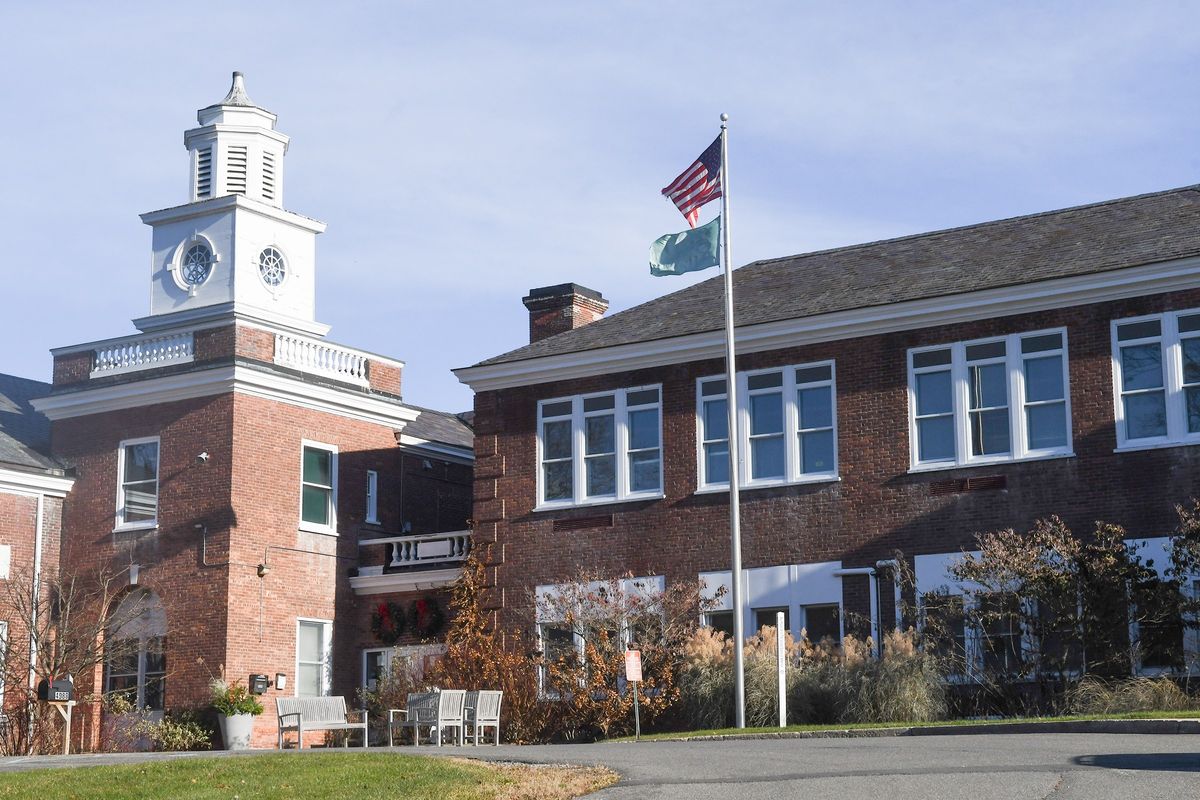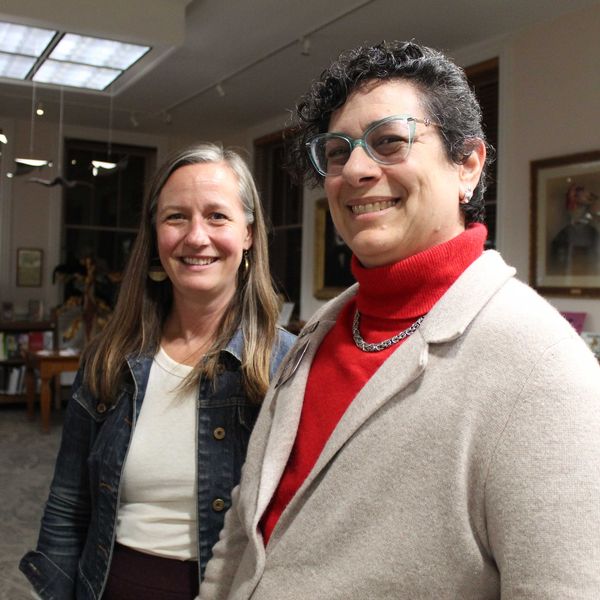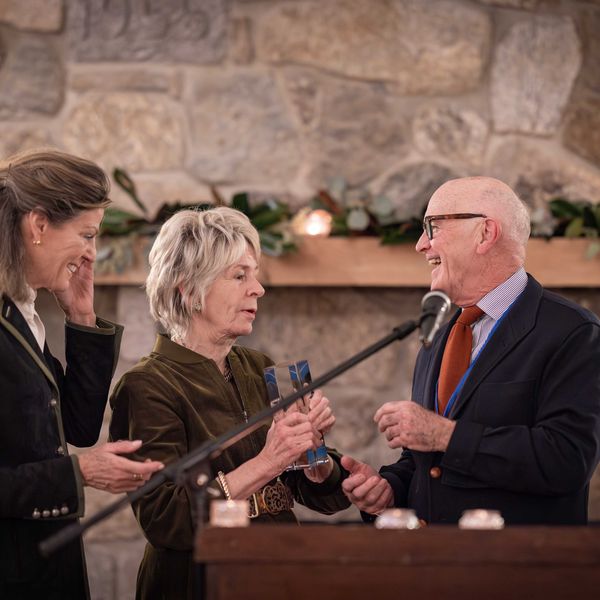Millerton Business Alliance conducts survey: Millerton businesses share plans for reopening

Located at 44 Main St. in Millerton, village coffee house Irving Farm officially reopened its doors to the public on Friday, May 15, with reduced hours of operation and new safety regulations.
Photo by Kaitlin Lyle













 Cover of “Les Flashs d’Anne”Jennifer Almquist
Cover of “Les Flashs d’Anne”Jennifer Almquist Orson Welles, top, and Hervé Guibert and André Kertész by Anne DayJennifer Almquist
Orson Welles, top, and Hervé Guibert and André Kertész by Anne DayJennifer Almquist Self-portrait, New York City, 1981by Anne DayJennifer Almquist
Self-portrait, New York City, 1981by Anne DayJennifer Almquist





